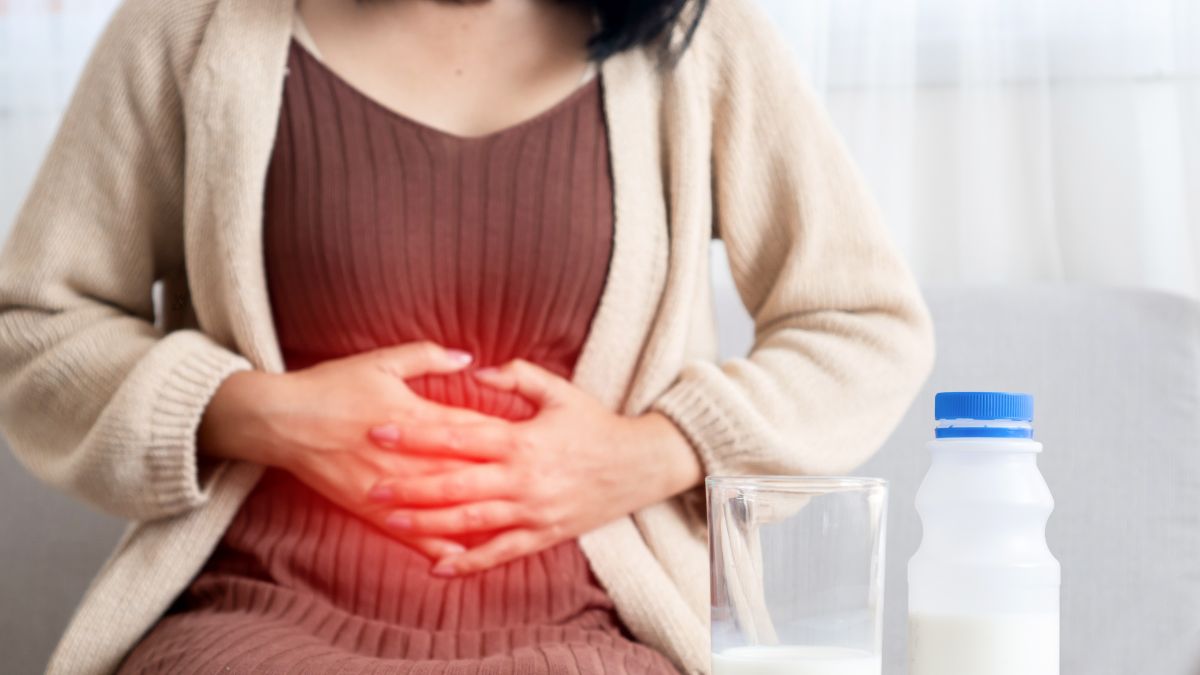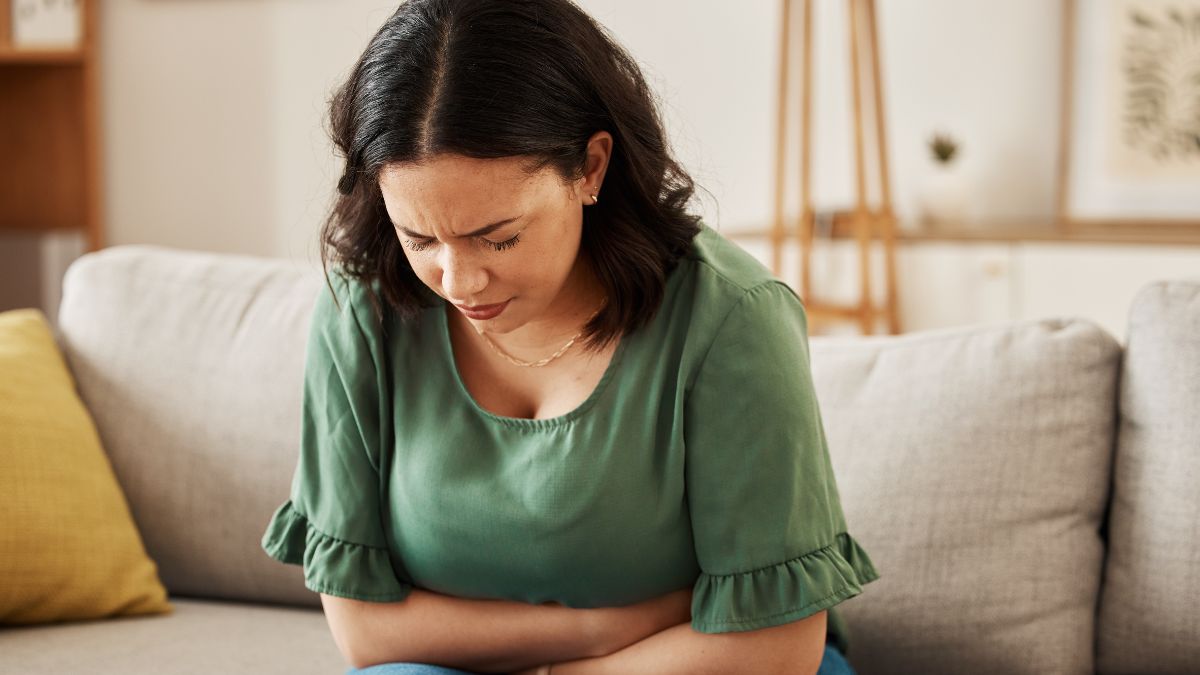- By Priyanka Munshi
- Tue, 16 Jul 2024 10:30 AM (IST)
- Source:JND
Did you know that particular fruits and foods can help reduce bloating naturally? Start by including fruits high in fiber, such as pears, oranges, and berries, in your diet. Constipation is a typical cause of bloating and may be avoided by eating these fruits. Because of their high potassium content, which lowers water retention and helps regulate the body's sodium levels, bananas are very healthy.
Another natural remedy is ginger, which can help with digestion and lessen discomfort and feelings of fullness due to its anti-inflammatory qualities. Furthermore, eating foods high in probiotics, such as kefir and yogurt, supports a healthy gut microbiota, which is necessary to lessen bloating and enhance overall digestive health. Here are a few fruits and foods that you must eat to help reduce bloating naturally, according to WebMD:

Minimising bloating also involves cutting out foods and drinks with added sugar, carbonation, and artificial sweeteners.(Image Credit: Canva)
Avocados
Avocados are loaded with potassium, which is necessary for regulating sodium intake and water consumption. They also help to lessen bloating.
Also Read: Top 5 Greatest Horror Books Every Book Lover Must Read
Bananas
Bananas naturally aid in reducing bloating in women. They are high in potassium, which helps regulate gut bacteria that control stomach gas production.
Tomatoes
Tomatoes are high in potassium, which helps lower sodium levels, and contain lycopene, an antioxidant and anti-inflammatory compound.

Bloating can be efficiently managed and reduced by implementing these natural solutions into your everyday practice. (Image Credit: Canva)
Ginger
The spicy flavour of ginger stimulates the stomach juices, aiding digestion, speeding up the emptying of the stomach, and reducing bloating.
Also Read: Amyra Dastur Is Pro When It Comes To Donning Bikinis; Here's Proof
Turmeric
Curcumin in turmeric aids in relieving discomfort, regulating the digestive tract, and reducing bloating associated with IBS.
(Disclaimer: This article is for informational purposes only. It is not a substitute for professional advice, diagnosis or treatment.)

